Beginning as Indigenous communities, ports, and points of access to natural resources, today British Columbia’s ocean marinas connect visitors to nature and community. Marinas are an essential aspect of these cultures of the places that surround them and have helped each community grow and thrive in a unique way. The next time you visit a marina on BC’s coastline, consider these aspects and learn more while you’re there. And if you’re asking, we think that BC looks better from a boat – especially if you want to enjoy marina culture. If you agree, we invite you to follow us on Facebook and Instagram and share your experience!
Community & Ocean: A Natural Connection
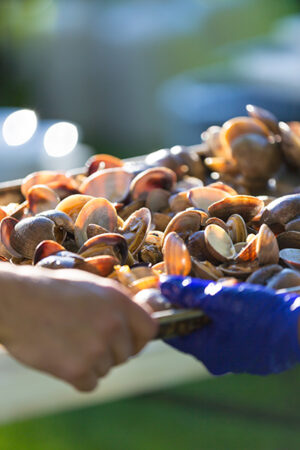
An ocean-based community’s culture is defined by its connection to the sea, reflected in the growth of services and activities, and a significant influencer on the type of residents attracted to live and visit the area, as well as the development of the community’s character.
Canada’s First Peoples
The Northwest Coast cultural area, one of six contained in what is now Canada, is home to many Indigenous peoples, such as the Nuu-chah-nulth, Kwakwaka’wakw, Haida, Coast Salish, and Haisla.
First Nations villages, settled as early as 14,000 years ago, were frequently situated near the water to provide access to the natural abundance of resources provided by the ocean. Security of place and access to natural resources created conditions favourable for the on-going development of permanent settlements, which later became more broadly known communities.
Read more about West Coast Indigenous Culture
Bringing Together & Welcoming
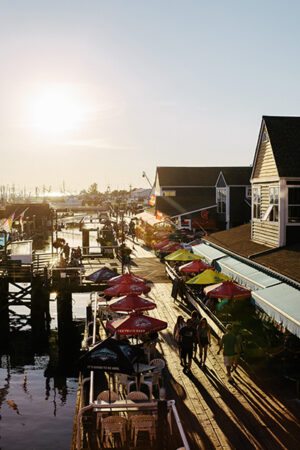
Why are coastal communities so warm and welcoming? That’s a story more than 14,000 years in the making! Coastal communities tend to be some of the most welcoming, friendly places for visitors, simply because they are so used to them! From early explorers and travellers, to visiting dignitaries, labourers, and tourists, coastal communities and marinas are a place to meet people from all over the world.
Did you know? Nanaimo was named one of Canada’s Friendliest Cities in 2021 by Expedia travellers, coming in at #14.
Early Explorers & Communities
Like Canada’s great railways and their connection to remote western terrains and mountain corridors, coastal communities developed through water access – the marine highway, so to speak. Through this ocean gateway, explorers landing on Vancouver Island and the Lower Mainland created some of the earliest seaports – facilitating trade and commerce with the local Indigenous and the wider world. These ports sprouted communities that still stand today, and over time more marine communities popped up where natural resources were plentiful or where the shipping lanes were economically viable.
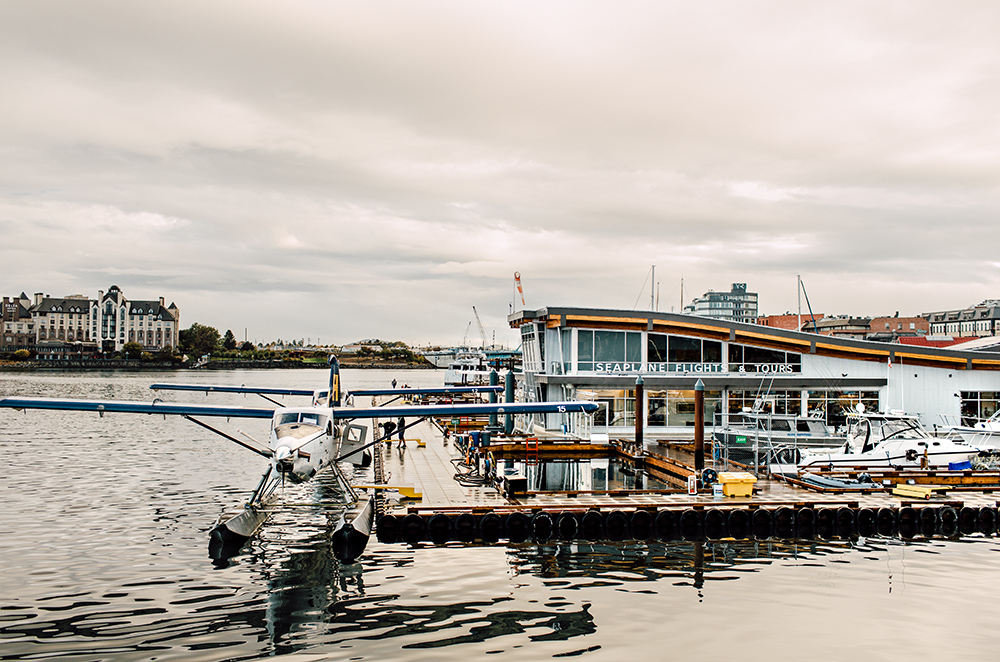
Driving Infrastructure
The movement of goods and people in large quantities required infrastructure, so waterfront communities that were rich in resources and trade soon sprouted up the surrounding infrastructure for support; including docks, wharves, marinas, and marine-related services. The more growth a community experienced, the more it developed supporting industries – such as stores for food, clothing, accommodation, etc. In turn, jobs were continually created and soon these small seaside communities became hubs of industry – and tourist destinations in themselves.
Connecting to Nature
Marinas connect a community to nature, allowing residents access to an environment beyond the land, while visitors by water need marinas to do the same on land. This vital link between water and terra firma offers the opportunity for ongoing activities that, in turn, support a community’s identity, enhances the health of residents and visitors, and provides valuable economic support to local businesses such as tour operators, eco guides, and rental equipment providers.
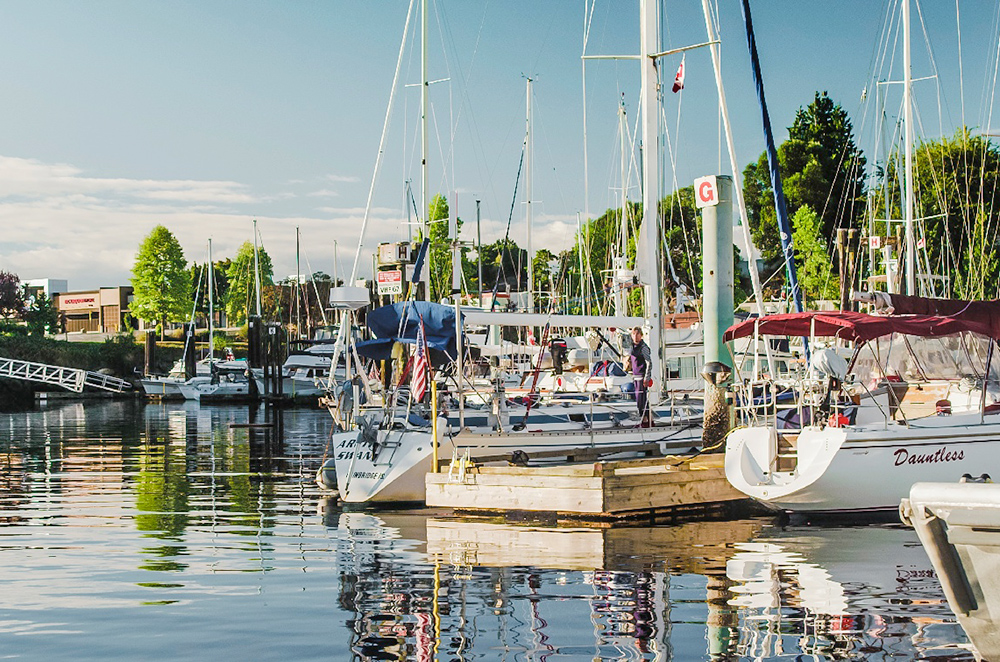
Providing Identity
Without the waterfront, coastal British Columbian communities and regions would have developed extremely different identities. Can you imagine Victoria without its expansive waterfront of marinas, pubs, ferry boats, and floatplanes? How about the feel of Nanaimo, the Sunshine Coast, or the Gulf Islands? Being situated on the water helped to make these areas what they are today – from quaint and cozy to fresh and metropolitan.
Marine Activities, Services & Events
The evolution of marinas and their surrounding community aren’t hard to trace, and can be directly tied to the industries that each community sprung up from – forestry, shipping, mining, trade, military, etc. From here, these communities needed to support residents and visitors, offer marine-related services (including shipyards, Coast Guard, and customs) and feed, clothe and house visitors and residents alike.
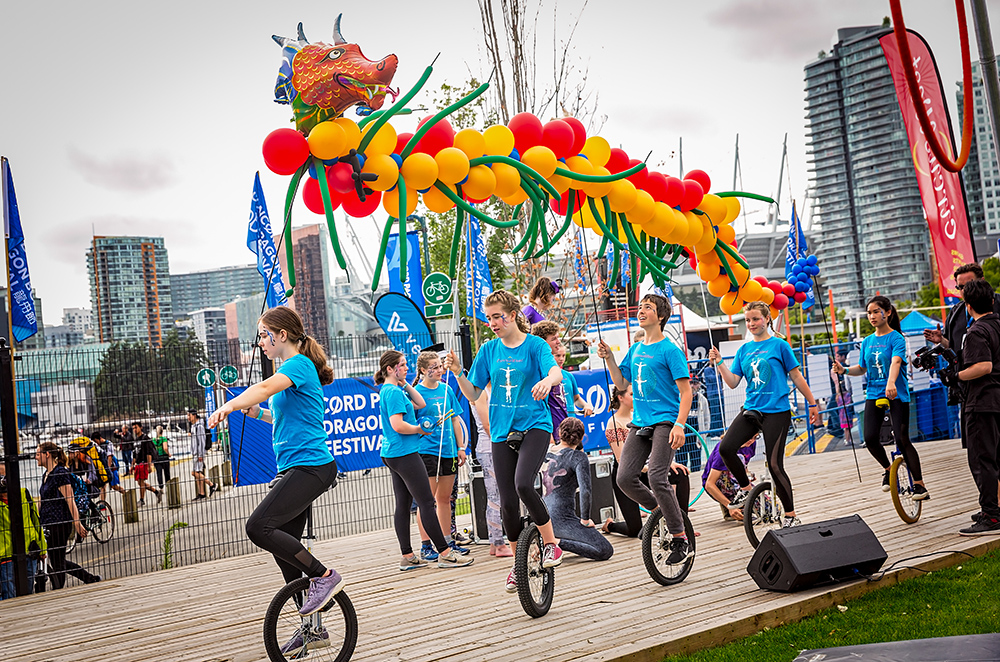
Over time these communities found additional niches to attract more people to visit and live, such as unique opportunities for experiences that aren’t found away from the water. Ocean-themed activities include whale watching, sunset cruises, floatplane tours, sportfishing, water taxis, cruise ship and ferry docks, and boat rentals. Tied to this marine culture comes a variety of marine-based events that celebrate and support their communities such as Dragon Boat Races, Marine Festivals, Boat Shows, Bathtub Races, and Seafood festivals. Each of these events promotes marina destinations, attracts visitors, supports the local economy and heralds local culture and community.
And what is a day on the oceanfront without a good meal? Coastal pubs, restaurants, shopping, and services have also sprung up to support the needs of visitors arriving by boat. The best fare in town is often found at the seaside – today’s catch, right off the boat, combines with the freshest deliveries of goods from around the world to create unforgettable meals. And the ambiance the sun glinting off the ocean doesn’t hurt!
Arriving in Canada by Water
As the first point of contact for visitors by boat from the United States and points beyond, local marinas employ customs agents that act as ambassadors to the region, welcoming visitors to our country (while ensuring all local, regional and national regulations are met). Harbour masters, coast guard, harbour patrol and marine RCMP can provide additional information and you can read more about reporting to customs here.
Respecting the Environment
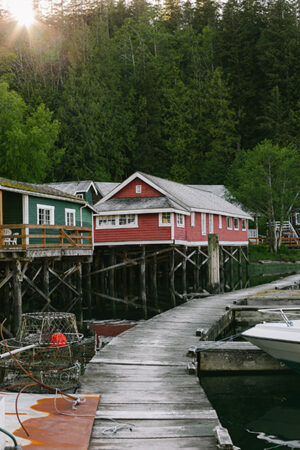
Waterfront communities are often the most sensitive to environmental impacts both on the land and water. This fragility is a driving force for innovation when it comes to water and air quality, waste management, tourist activities, and more. These communities are also often at the forefront of educating the public about marine ecosystems and environmental issues, leading to annual festivals and symposiums to spread the word and celebrate success.
Operators in these same communities embrace their lead to incorporate many of the same strategies into their businesses. For example, Van Isle Marina helps to maintain, and contribute to, sustainable efforts focused on the marine environment. And in Richmond, Steveston Harbour’s award-winning dedication to the environment strives to create an environmentally-friendly place with a focus on minimizing damage to the environment and providing visitors with options to safely dispose of oil, fishing gear, and other marine-related waste.
Orca Spirit Adventures supports programs to help educate whale watchers, as well as assisting with whale research and adopting local orcas. Meanwhile, Nootka Marine Adventures continually strives to reduce its environmental impact and sustainably manages its resorts with active involvement in environmental initiatives.
Marinas are vital drivers of industry, employment, and economic growth – but they are also a place to connect to nature, learn about history, find appreciation for the environment, and engage in a community’s culture. We hope you have the opportunity to do all this and more the next time you visit a BC marina!
While you’re planning your next excursion, don’t forget to follow us on Facebook and Instagram and share your experience as to why you think BC looks better from a boat!




